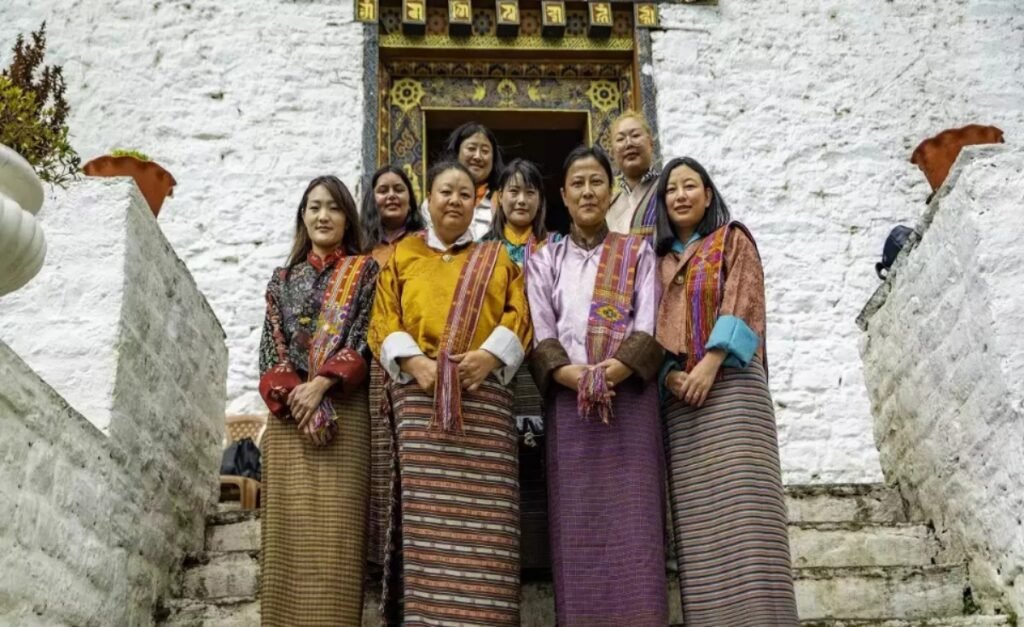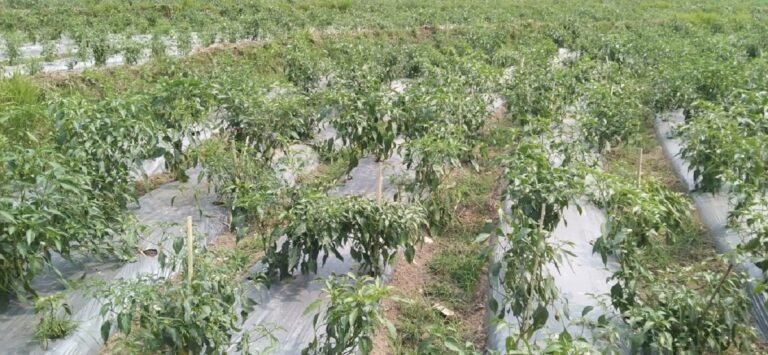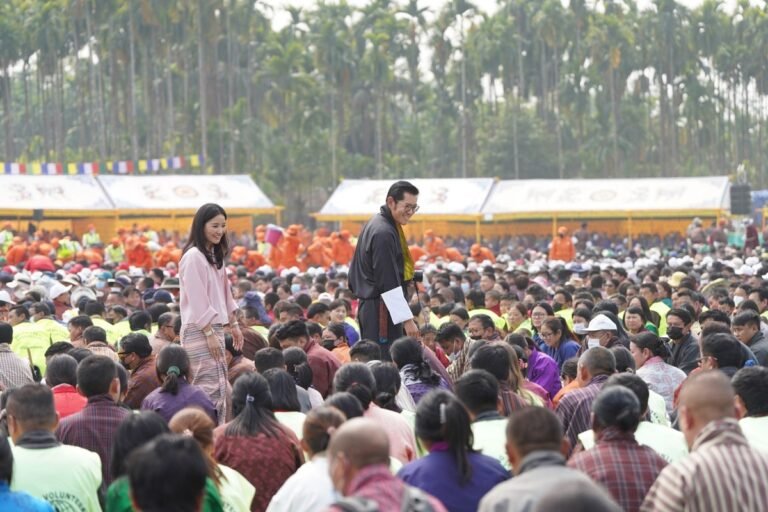
Bhutanese women are underrepresented in politics, with only one of 20 National Council and 47 National Assembly seats secured in the 2023 elections. This is a global trend, with women holding only 23.3% of parliamentary seats. The Centre for Research on Bhutanese Society launched a capacity-building workshop to equip women with the necessary skills. A nationwide survey of 448 women revealed that societal norms, lack of confidence, geographical and infrastructure challenges, financial instability, job insecurity, and political party bias against female candidates hinder women’s political ambition. The study highlights the need to understand these systemic barriers to women’s political engagement.
Kezang Choden highlights training for public speaking and leadership skills, highlighting Bhutan’s low ranking in the Global Gender Gap Report 2024. Women considering running for office advocate for stronger policies. The study suggests a multi-pronged approach to boost women’s political participation, including high school awareness campaigns, flexible capacity-building programs, financial safety nets, and assistance with household responsibilities, while also promoting internal mentorship and leadership training. The training aimed to enhance women’s political engagement in Bhutan by providing mentorship networks, engaging men as advocates, and improving rural campaign access and safety.



